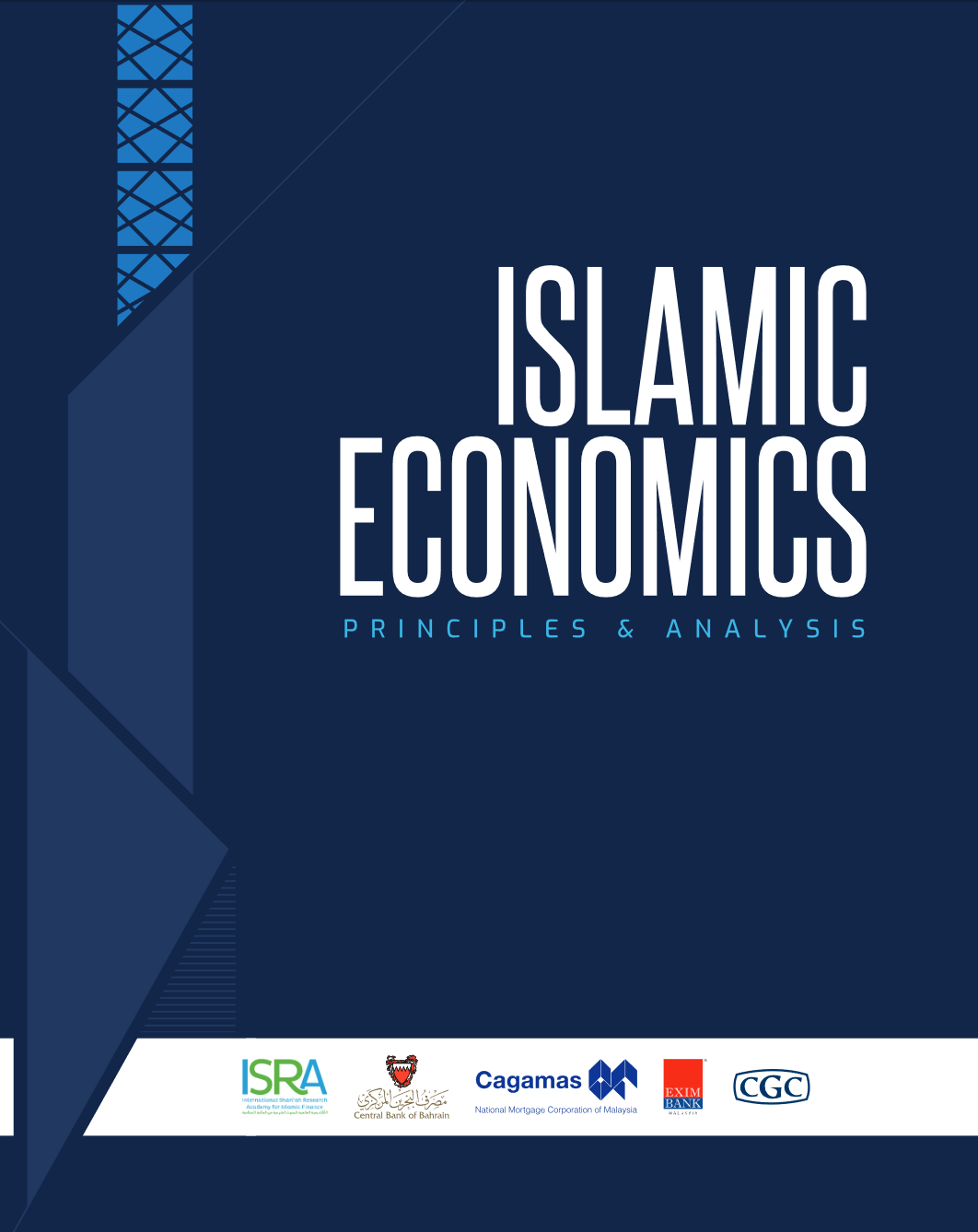Islamic Economics : Principles & Analysis (Hardback)
Author: International Shariah Research Academy for Islamic Finance - ISRA
Publisher: ISRA
ISBN: 9879671656822
Pages: 200
Weight: 0.450 Kg
Year: 2018
Price: RM 230
Economics is a social science that studies the behaviour and interactions of economic agents and analyses how economies work at the macro- and micro-levels. It studies production, distribution and consumption of goods and services, identifies economic problems and phenomena, and addresses economic questions from a positive perspective (what is) as well as a normative (how it should be) perspective. Islamic economics examines the same areas as its conventional counterpart. However, it involves the application of Sharīʿah to the different economic functions and issues. It is postulated that Islam offers a better approach compared to conventional economics in managing economic activities and solving economic and social issues.
The development of modern Islamic economic thought started as a religious, intellectual and epistemological reaction to the Western penetration of the Islamic world, particularly in the mid-19th century. It was then that several Western countries established their banks within the Muslim world to support their commercial activities. The penetration of banks based on ribā (interest) and adopting the Western-style monetary system led to the early discussion of an Islamic economic system. In the mid-20th century, the opponents of ribā sought to identify the essential characteristics of an Islamic economic system that could serve as an alternative to the dominant Western system. By the 1970s, several remarkable works on Islamic economics and its system had been written by Muslim economists and jurists. Attempts were made to conceptually discuss the philosophical foundations of an Islamic economic system in a comparative manner while seeking solutions to the development needs of the ummah(Muslim nation). Despite commendable attempts, such works were scattered in different outlets, focused on certain aspects and ignored other areas, or lacked contemporary perspectives on current economic issues. By the mid-1980s, the emergence of the Islamic banking industry led to a shift in attention given to the financial sector to resolve socio-economic needs and develop an alternative to interest-based banking and finance. Consequently, fewer resources—both financial and human—went into researching more theoretical and practical dimensions of Islamic economics. A dichotomy resulted between the theoretical literature of Islamic economics and the course taken by the practical field of Islamic banking and finance. Islamic economics discourse thus failed to inform and guide the development of contemporary Islamic banking and finance.








